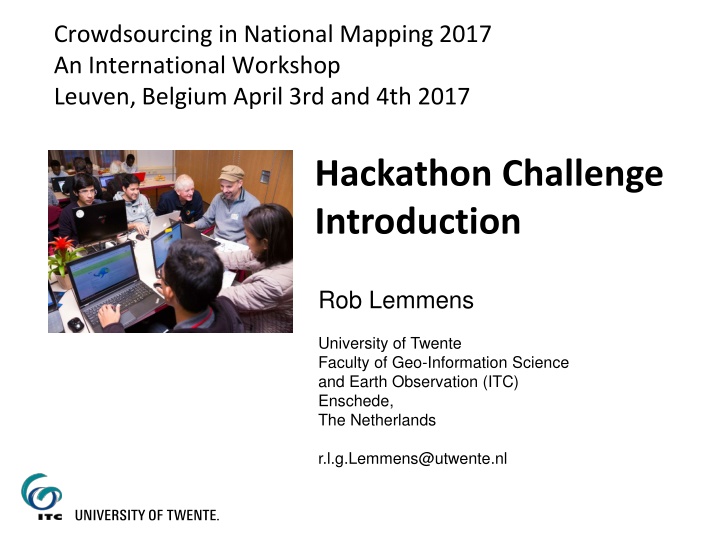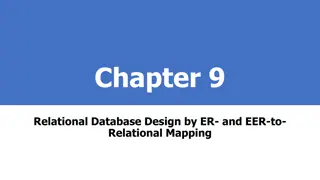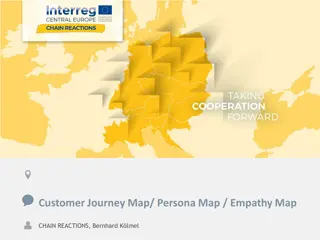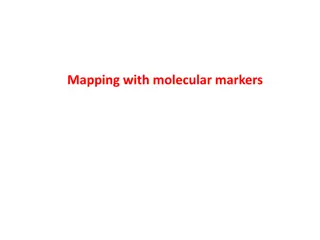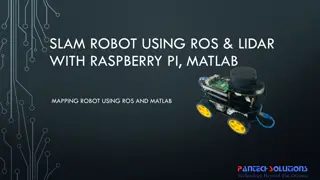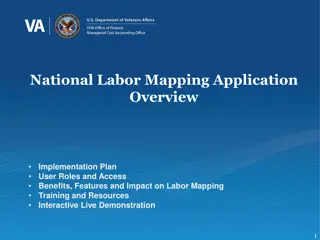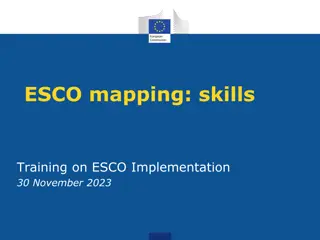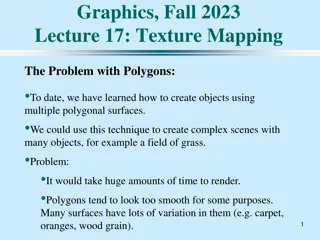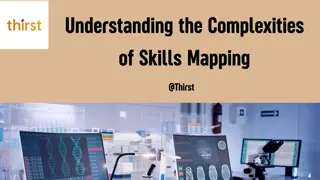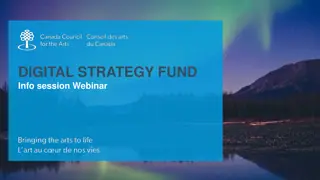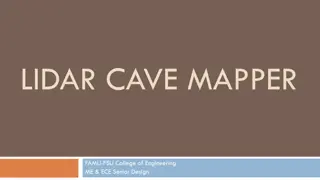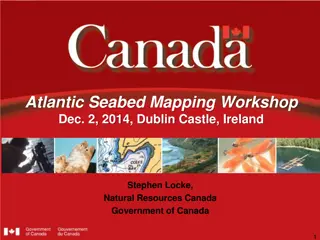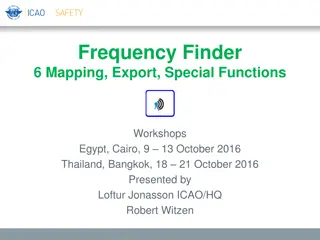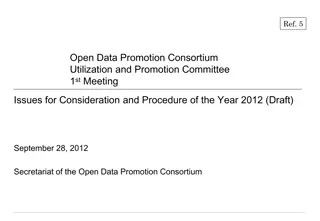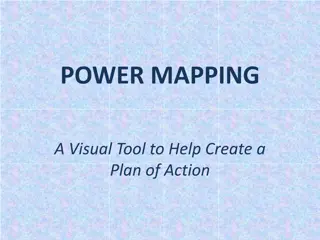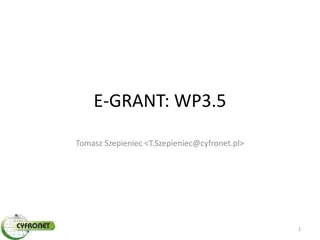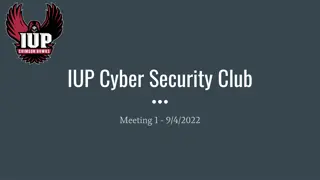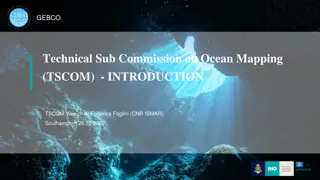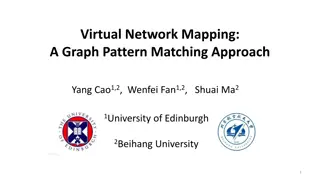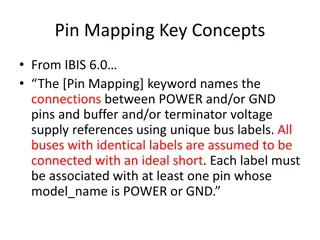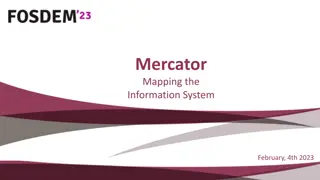Innovative Insights from International Mapping Workshops and Hackathons
Explore the dynamic world of crowdsourcing in national mapping through an engaging workshop in Belgium. Delve into the exciting challenges and projects at hackathons, datathons, and mapathons. Witness the power of collaboration between software developers and experts in creating impactful solutions. Discover real-world applications like the Human Sensor Web project in Tanzania and the cycling initiative in Paris. Uncover the essence of hackathons through examples and the key ingredients for a successful event.
Download Presentation

Please find below an Image/Link to download the presentation.
The content on the website is provided AS IS for your information and personal use only. It may not be sold, licensed, or shared on other websites without obtaining consent from the author.If you encounter any issues during the download, it is possible that the publisher has removed the file from their server.
You are allowed to download the files provided on this website for personal or commercial use, subject to the condition that they are used lawfully. All files are the property of their respective owners.
The content on the website is provided AS IS for your information and personal use only. It may not be sold, licensed, or shared on other websites without obtaining consent from the author.
E N D
Presentation Transcript
Crowdsourcing in National Mapping 2017 An International Workshop Leuven, Belgium April 3rd and 4th 2017 Hackathon Challenge Introduction Rob Lemmens University of Twente Faculty of Geo-Information Science and Earth Observation (ITC) Enschede, The Netherlands r.l.g.Lemmens@utwente.nl
Marathons of development Hackathon: An event in which software developers and subject-matter-experts collaborate intensively on a software project. o Creating new software o Combining existing software Datathon: An event to add value to data by processing it with existing software. Mapathon: An event to improve map data 2
Ingredients of a hackathon Objective Planning: 1 event (1-2 days), Split event (Call-Development- Presentation) Software developers, subject-matter-experts Incentives: Learning, Prizes Challenges: Feasible tasks as part of overall plan and follow- up work May vary from general proof-of-concept to specific development 3
Project Human Sensor Web (Zanzibar-Tanzania) Billboard at water tap Text messages on water availability 5
Human Sensor Web End user application 6
Hackathon Tanzania Challenges: 1 Input: USSD App 2 Input: Android App 3 Interoperability 4 Output: Ontology-based Web 5 Output: Android App 8
Datathon COST ENERGIC Project Cycling the city Paris TEAM: Antonello Romano, Stefano Picascia, Cristina Capineri, Michela Teobaldi. LADEST LAB. - University of Siena Background: Catchment area of public transport can be increased by using bike as first part of trip. Objective: Use VGI to detect relevant cycling paths (recorded by cyclists). 10
Combining data and software App using Linked Data visualizer and Space-Time-Cube Ob21 11
Challenge examples for Mapping and Cadastral Agencies 15
OpenStreetMap edits in Space-Time-Cube Haiti region 21
Hackathon Creation of challenges Title Authors Background and problem Objective Data needed Intended users Software guidelines Incentives for hackathon participants (Learning, Prize) 22
Hackathon Creation of challenges I know about: Mapping and Cadastral agency processes Application development Other Crowdsourcing Your name Your name Your name Your name 23
Hackathon timing 1. 20 April 2017 Workshop Leuven: First ideas on challenges and discussion on mode of operation 2. May 2017: Circulation of workshop report to NMCAs, invitation of additional ideas 3. June 2017: Call for Hackathon 4. Sept 2017: Selection of winning team(s) 5. Oct/Nov/Dec 2017: Presentation of results at EuroSDR meeting 24
Expected hackathon output A short report containing: o General working of your application o Justification of the originality and novelty of your approach o A description of the data and methods and external sources you used (with links to these such that your work can be reproduced) o An explanation of the obstacles encountered in carrying out the hackathon, recommendations for further work. A 2 minute video pitch presenting your application 25
Judging criteria Overall quality of the entry to the hackathon Originality and novelty of the approach taken Quality of the description of the data and tools used, especially with respect to reproducibility Soundness of the approach taken Potential scientific, societal and policy impacts of the results Quality and engagement in the video pitch 26
